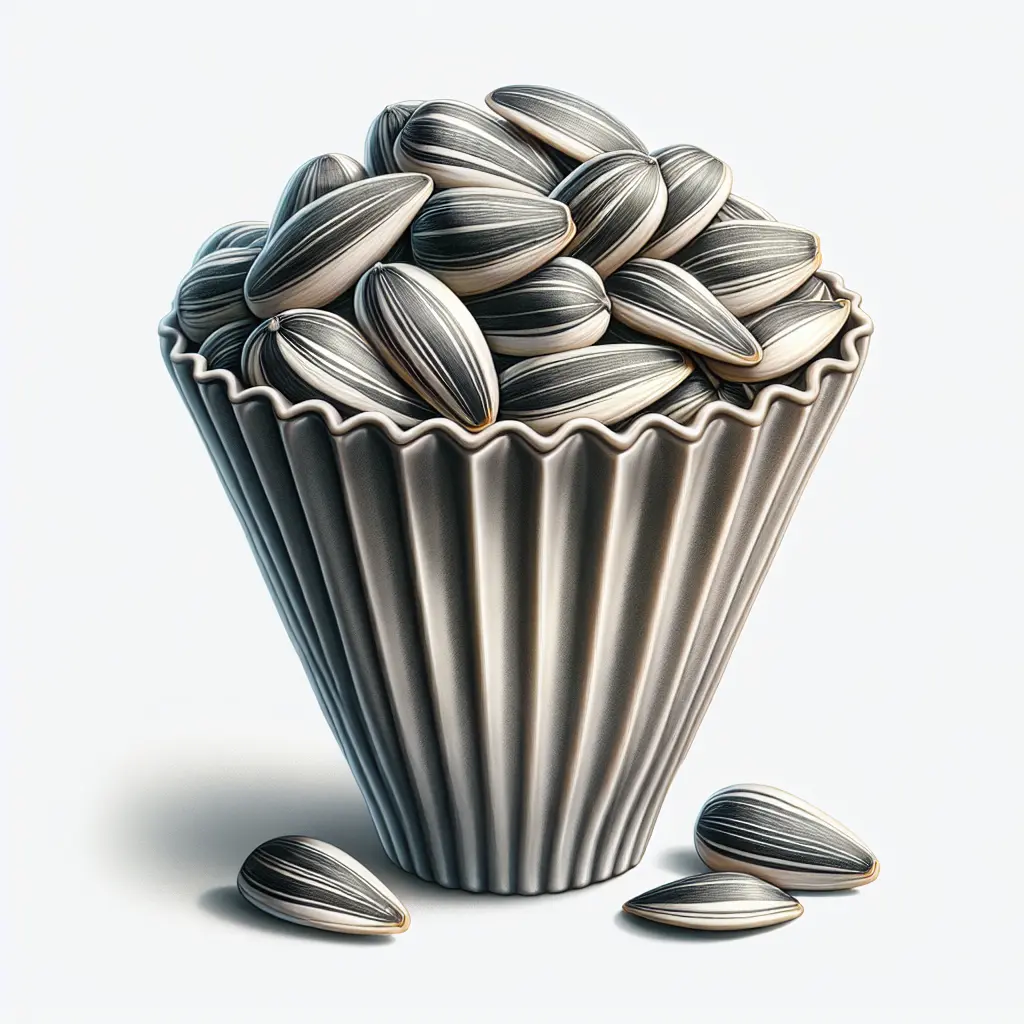Sunflower Seeds: A Superfood for Health and Vitality
Sunflower seeds, the edible kernels nestled within the familiar sunflower heads, are not just a tasty snack but a treasure trove of nutritional goodness. These tiny seeds pack a punch of essential nutrients, making them a valuable addition to a healthy diet.
Nutritional Profile: A Powerhouse of Nutrients
Sunflower seeds boast an impressive nutritional profile, offering a remarkable blend of macronutrients, micronutrients, and antioxidants. Each 1-cup serving of sunflower seeds, in the shell, provides:
- Calories: 251
- Protein: 8.9 grams
- Fat: 23 grams (primarily polyunsaturated and monounsaturated fats)
- Carbohydrates: 7 grams
- Fiber: 4.1 grams
- Sugar: 1.3 grams
Sunflower seeds are a rich source of vitamins and minerals, including:
- Vitamin E: A powerful antioxidant that protects cells from damage
- Magnesium: Essential for muscle function, nerve transmission, and bone health
- Selenium: An antioxidant that supports immune function and thyroid hormone production
- Copper: Involved in red blood cell production and nerve function
- Manganese: A trace mineral that supports bone formation and metabolism
Health Benefits: A Tapestry of Therapeutic Effects
Sunflower seeds offer a wide range of health benefits, ranging from improved heart health to enhanced cognitive function. Their nutritional composition contributes to:
- Heart Health: The high levels of polyunsaturated and monounsaturated fats in sunflower seeds help lower LDL (bad) cholesterol while raising HDL (good) cholesterol, reducing the risk of heart disease.
- Anti-Inflammatory Properties: Sunflower seeds contain antioxidants like vitamin E and selenium, which combat inflammation throughout the body. This anti-inflammatory effect may reduce the risk of chronic diseases such as arthritis and heart disease.
- Blood Sugar Control: Sunflower seeds are a good source of fiber, which helps slow down the absorption of sugar into the bloodstream. This can help manage blood sugar levels and reduce the risk of type 2 diabetes.
- Improved Digestion: The fiber in sunflower seeds promotes regular bowel movements, aiding digestion and preventing constipation.
- Stronger Immune System: The presence of vitamin E, selenium, and zinc in sunflower seeds supports a healthy immune system, protecting the body from infections and diseases.
- Cognitive Function: Sunflower seeds are a good source of choline, a nutrient essential for cognitive function and brain development.
Incorporating Sunflower Seeds into Your Diet: Simple and Delicious
Incorporating sunflower seeds into your diet is a breeze. These versatile seeds can be enjoyed in a variety of ways:
- As a snack, straight from the bag or lightly roasted
- Sprinkled on salads, yogurt, or oatmeal
- Added to baked goods, such as muffins, bread, and cookies
- Used as a topping for stir-fries or roasted vegetables
Sunflower seeds are a convenient and delicious way to reap their numerous health benefits. Make them a regular part of your diet and experience the transformative power of these nutritional gems.
How many calories are in Sunflower Seeds?
Each 1 cup, in shell, yields of Sunflower Seeds contains 251 calories.
Sunflower Seeds Nutritional Information
| Nutrient | Amount per 1 cup, in shell, yields (46g) |
|---|---|
| Calories | 251 Calories |
| Protein | 8.9g |
| Fat | 23g |
| Saturated Fat | 2.4g |
| Cholesterol | 0mg |
| Carbohydrates | 7g |
| Dietary Fiber | 4.1g |
| Sugar | 1.3g |
| Sodium | 2.764mg |
| Potassium | 0.391mg |
| Calcium | 0.032mg |
| Iron | 0.0017mg |
